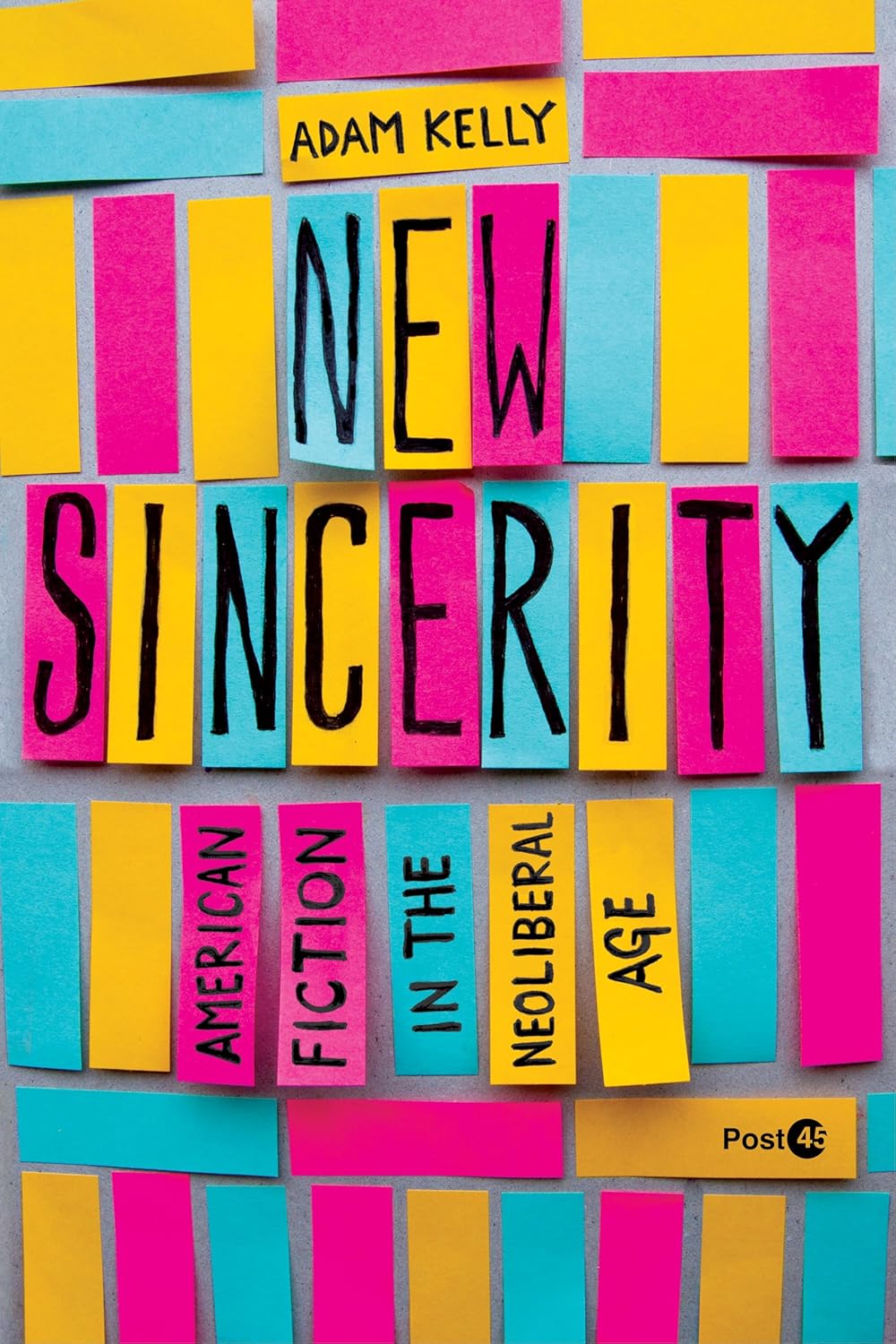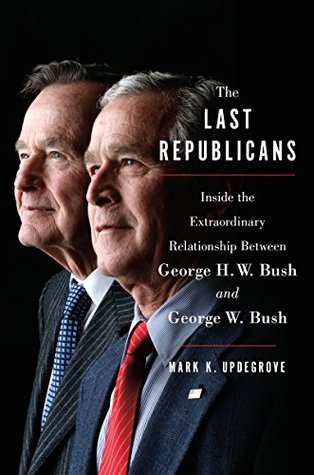New Sincerity: American Fiction in the Neoliberal Age
- By Adam Kelly
- Stanford University Press
- 386 pp.
- Reviewed by Michael Maiello
- October 22, 2024
Can authors freely bestow truth when everything is for sale?

Adam Kelly’s survey of American fiction in what he dubs the age of neoliberalism (lasting from the fall of the Soviet Union through the 2008 financial crisis) starts not with a novel or a short story but with Francis Fukuyama’s The End of History and the Last Man, in which the historian argues that the age of ideological struggle has passed and the world will now accept a combination of representative democracy and market capitalism as the highest and best form of human and political development. Though Fukuyama presents this as a triumph, he also warns that, shorn from abstract principles and a higher purpose, people will grow aimless and fill the vacuum with soulless consumerism.
On that stage, argues Kelly in New Sincerity, the novelists of the 1990s and early 2000s developed a new literary commitment to earnestness a step removed from the modernist and postmodernist texts that featured prominently in 20th-century American fiction. Among the modernists, you’d find Philip Roth, John Cheever, J.D. Salinger, and even New Journalists like Hunter S. Thompson, Tom Wolfe, and Joan Didion.
These writers pursued an ethos of authenticity, which Kelly lays out as a kind of self-actualized interpretation of Polonius’ admonition, “To thine own self be true.” Theirs are stories about individuals trying to find their true selves in a society organized by corporations, politics, religion, and neighborhood busybodies. Meanwhile, the postmodernists — think Don DeLillo or Thomas Pynchon — questioned how we can hope to define ourselves in a reality so sodden with simulacra that we can never be sure what’s real.
Kelly, an associate professor of English at University College Dublin, handles a big literary movement, complex political and economic ideas, and a dozen prominent authors in a conversational style that centers his love of reading in ways academic writing typically fails to do. His book is an exciting conversation that tempts the reader to drop everything and re-enroll as an undergrad. And while he casts his net wide, he focuses on David Foster Wallace, Dave Eggers, Jennifer Egan, Colson Whitehead, Susan Choi, Helen DeWitt, and George Saunders as exemplars of New Sincerity fiction.
This artistic movement also exists in the wider culture and in nonfiction, asserts Kelly. Eggers, for example, is the founder of the Believer, a literary magazine devoted in its early years to swearing off irony and cynicism in support of literature and art. The twee vibes of Wes Anderson’s films also fit the New Sincerity aesthetic, as does the dry and unassuming comedy of Nathan Fielder and the TV series “Ted Lasso.”
Kelly narrows in on the early works of the New Sincerity cohort, capturing these writers as they struggle to find a place in a rapidly consolidating and commodifying literary marketplace. Wallace’s Infinite Jest is at the heart of the project here, as the late author so overtly presents us with a dystopia where everything — even calendar dates — is for sale, and the planet’s most potent weapon is a movie so engrossing that watching it even for an instant will addict the viewer forever, leaving them with no desire to do anything but continue staring at it until they die.
Not long after his look at Wallace, Kelly takes us to Eggers’ breakout memoir, A Heartbreaking Work of Staggering Genius, in which a young Eggers is socially and financially displaced by the deaths of his parents and by his sudden responsibility raising his younger brother, a problem he tries to solve with Gen-X panache by auditioning for a role on MTV’s “The Real World.” Kelly focuses, too, on Eggers’ first novel, You Shall Know Our Velocity, published after the success of his memoir. Eggers’ subsequent career, including his turning McSweeney’s into an online and offline publisher and taking unique control over his own work, seems like the most clever but difficult-to-duplicate response to the cultural economy Kelly describes as informed by neoliberal attitudes.
And what an economy it is. Consider Saunders: Though the bestselling author of the Booker Prize-winning Lincoln in the Bardo and a MacArthur Genius Grant recipient, the 65-year-old continues teaching fiction at the same university he once attended and — like so many other modern-day scribes — has a side hustle on Substack.
Discussing the similarly successful Egan, Kelly asks, “Does a novelist’s apparent complicity with the neoliberal media ecology that publishes and promotes her work constitute a mode of selling out or a form of immanent critique?” It’s a question that cannot be ignored but also cannot be answered. Any artist successful enough to make a living via their art is necessarily separate from, but still a part of, society. As Kelly points out, Egan readily acknowledges that her star-making novel, the Pulitzer Prize-winning A Visit from the Goon Squad, was inspired by HBO’s “The Sopranos.” There’s a little of the commercial in every contemporary artist.
Ultimately, posits Kelly, neoliberalism has faded, but New Sincerity endures. (David Burr Gerrard’s The Epiphany Machine is a great example of the latter, though the novel never found the audience it deserved, and its author is now sadly deceased.) Yet while we’ve traded our neoliberal economy for an attention-based one, the sincerity that fuels it — no matter how public and authentic — is having a hard time keeping up.
Michael Maiello is an author, journalist, and playwright. He worked for 10 years as a writer and editor at Forbes, and his work has appeared in McSweeney’s, the New Yorker, the New York Times, and other publications. Find his free Substack here.

.png)